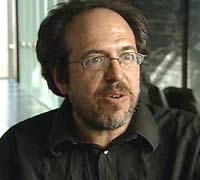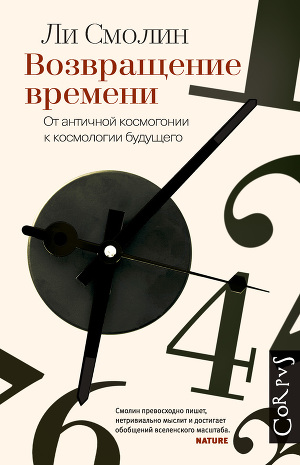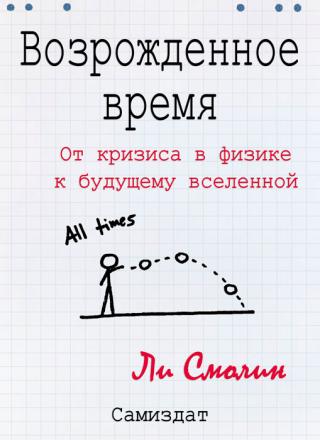
Об авторе
Ли Смолин (Lee Smolin), доктор Канадского Института Теоретической Физики (Perimeter Institute for Theoretical Physics) Ватерлоо, Канада.
Lee was born in New York City in 1955 and raised there and in Cincinnati. After leaving high school early, he attended Hampshire College and the University of Cincinnati, graduating from Hampshire in 1975 with a degree in Physics and Philosophy. He attended Harvard University for graduate school receiving a Ph.D. in theoretical physics in 1979. He held postdoctoral positions at the Institute for Advanced Study in Princeton, The Institute for Theoretical Physics (now KITP) in Santa Barbara and the Enrico Fermi Institute at the University of Chicago. This was followed by faculty positions at Yale, Syracuse and Penn State Universities, where he helped to found the Center for Gravitational Physics and Geometry. He also held visiting positions at varioous times at Cambridge and Oxford Universities and at SISSA and the Universities of Rome and Trento in Italy. He was a Visiting Professor at Imperial College from 1999 to 2001. In September of 2001 he moved to Canada to be a founding member of the Perimeter Institute for Theoretical Physics, where he has been ever since.
Lee's main contributions to research are so far to the field of quantum gravity. He was, with Abhay Ashtekar and Carlo Rovelli, a founder of the approach known as loop quantum gravity, but he has contributed to other approaches including string theory and causal dynamical triangulations. He is also known for proposing the notion of the landscape of theories, based on his application of Darwinian methods to Cosmology. He has contributed also to the foundations of quantum mechanics, elementary particle phyiscs and theoretical biology. He also has a strong interest in philosophy and his three books, Life of the Cosmos, Three Roads to Quantum Gravity and The Trouble with Physics are in part philosophical explorations of issues raised by contemporary physics.


![Новая книга Ли Смолина "Неприятности с физикой…" эмоционально противоположна восторженному энтузиазму книг Брайана Грина. У современных теорий переднего края... Неприятности с физикой [Взлет теории струн, упадок науки и что за этим следует]](https://www.rulit.me/data/programs/images/nepriyatnosti-s-fizikoj-vzlet-teorii-strun-upadok-nauki-i-ch_562981.jpg)
![Большинство людей считает, что время реально: меняются времена года, идут часы, человек стремится от колыбели к могиле. Большинство физиков, напротив, полагает, что... Возвращение времени [От античной космогонии к космологии будущего]](https://www.rulit.me/data/programs/images/vozvrashchenie-vremeni-ot-antichnoj-kosmogonii-k-kosmologii_370244.jpg)

![════Реально ли время? Релятивистский и квантовый полюса современной физики свидетельствуют, что нет, и время является иллюзией. Будущее с точки зрения законов... Возрожденное время [От кризиса в физике к будущему вселенной]](https://www.rulit.me/data/programs/images/vozrozhdennoe-vremya-ot-krizisa-v-fizike-k-budushchemu-vsele_564688.jpg)
Комментарии и оценки к книгам автора